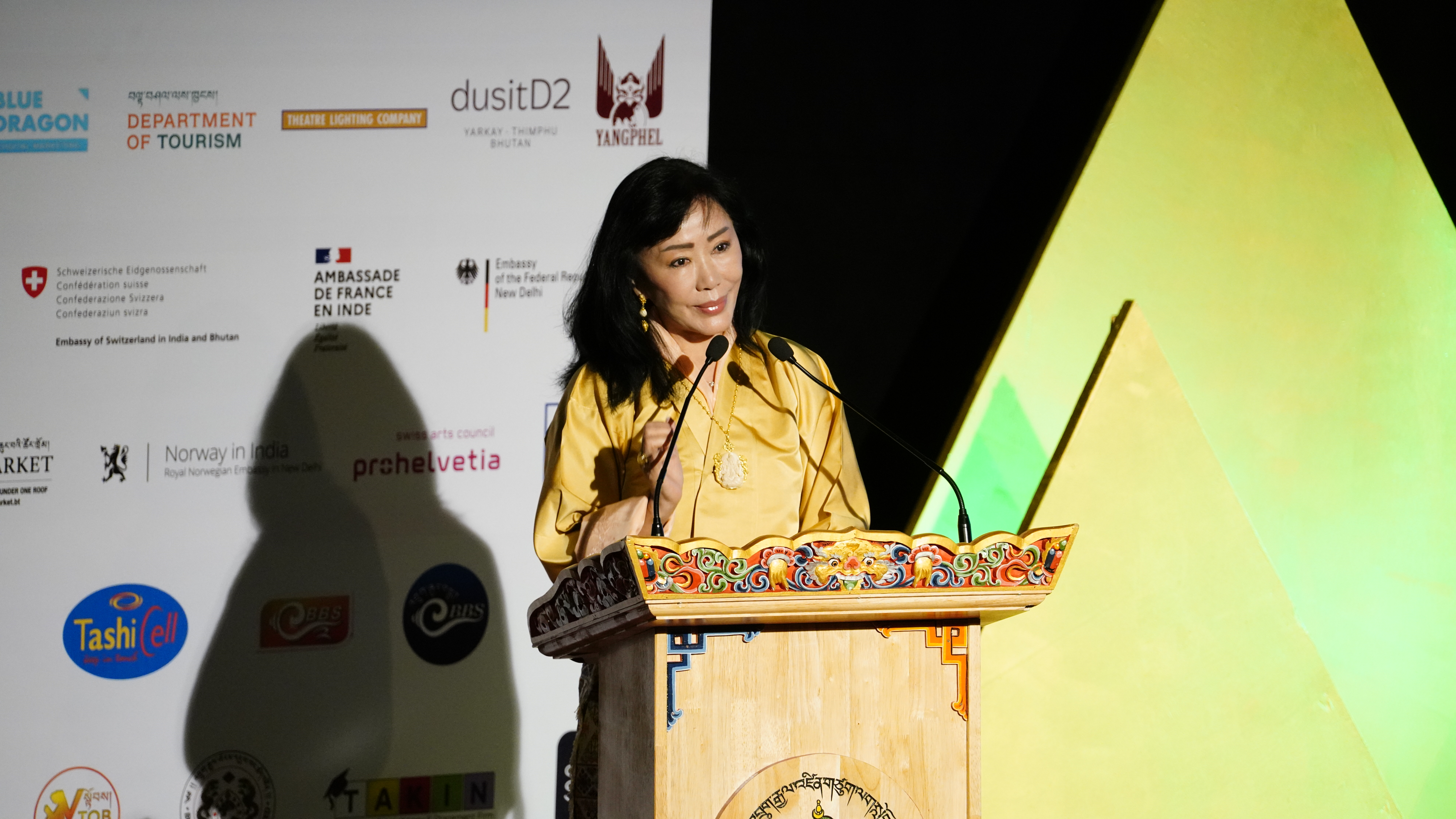For most Bhutanese, world history as a school subject is only taught in the 7th and 8th grade. The textbooks are old and contain myths that have been disproven for decades. One of those myths is that of the “Dark Ages” of Europe before Charlemagne, the light in the darkness. Some historians argued that these dark ages in England lasted till the 14th century. What they called dark ages referred to a time when knowledge was not a public good – it was for the elite and the rich who could afford decent educations, and books by themselves, owing to the lack of paper and mass production cost a great deal. So, the dark ages were really about making knowledge and information obscure. Let’s call this the obscurantism factor.
Middle Europe might not have undergone the dark ages, but there is a case to be made that our times is entering one. Unlike then, obscurantism in our age does not come through a lack of knowledge and information; it comes through echo chambers and too much information. The miracle of the Internet that was supposed to allow access to information to everyone has resulted in the creation of huge clouds of information that contain virtually every argument that can be made. So, users of the Internet are free to choose the information they agree with, validate that information and ignore, or disparage, others. The truth of the matter is that for most things, there are specific truths – maybe incomplete truths but truths nonetheless. But there is almost a pretension that non-truthful arguments are just as valid, and that in the age of liberalism, we must accept all arguments to be equal to another. There is no place for actual “truths” anymore. The result is the rise in “alternative facts” and “fake news.”
People with one mindset begin following specific information sources and not being exposed to others. This is the phenomenon of echo chambers. As this phenomenon grows in popularity (meaning that more members of a population abandon the middle and self-polarize), it creates a polarity in opinion in the masses. That is seen in how, according to social scientists, the U.S. is more polarized than any time since the civil war that ended in 1865. The liberals in America have their own media agencies, as do the conservatives, as do the alt-rights, the communists, and other radical ideas.
The golden rule that one should do to another what they would have done on to them applies to these groups. So, to maintain that an information in their echo chamber is valid, that it does not need vetting or outside exposure, each group, and the middle, has to pretend that all echo chambers provide valid information. Thereby come pictures like the one below – two people standing opposite each other looking at a figure that looks like 6 to one and 9 to the other. We’re all supposed to believe that there are two sides to every story and each side is as valid as the other. But those who want the actual truth, who do not have their decisions made for them by their ideologies and news sources, ought to do more research. In this case, one could look at who wrote the figure, how they write a 6 or a 9, and using information like that, come to decision about how the author wrote it to be.
Of course, all people are allowed to hold their own opinions, but we can’t play fast and lose with facts and truths, as we do with opinions. If there are disagreements about something, conversations can lead to truths. Keep speaking or arguing until differences in opinions boil down to fundamental differences, of which there are few. For example, if someone argues that women’s rights is a stupid movement because women are naturally inferior to men, and another argues that this “inferiority” is a social construct developed by humans. Arguments can cut through the BS and get to the basic beliefs of the interlocutors. At that point, science comes in and says, “Research in this field exists. In all natural aspects, women and men are equal.” So, we find one argument to be more truthful than the other. That is better than signing a social contract agreeing all of us correct by default, because it’s a matter of “opinion. Where we can agree to disagree is where we see the world differently. Foe example: arguments about Communism v Neoliberalism. Those of who see poverty as being a result of individual flaws might argue that neoliberalism is truthful, that if a person is poor, it’s because they didn’t work smart enough or hard enough. And that a government should keep its hands off of equality measures because some people are, by nature, lazy. But those who believe in communism argue that it is the society and its institutions that handicap certain peoples and that no matter how hard these groups work; they will never rise above poverty. At some point in the future, science might catch up and tell us which belief of humanity is truthful; at that point, this example enters the realm of the previous example.
If arguments aren’t possible, then research and literacy exist as alternative tools. Of course media groups and sources of information are led by their own agenda, but media literacy can allow the audience to know how to sift through information – it trains people to smell BS and remove excrement. Using these tools, one can remove “fake news” and “alternative facts,” and really understand the actual truth of it.













